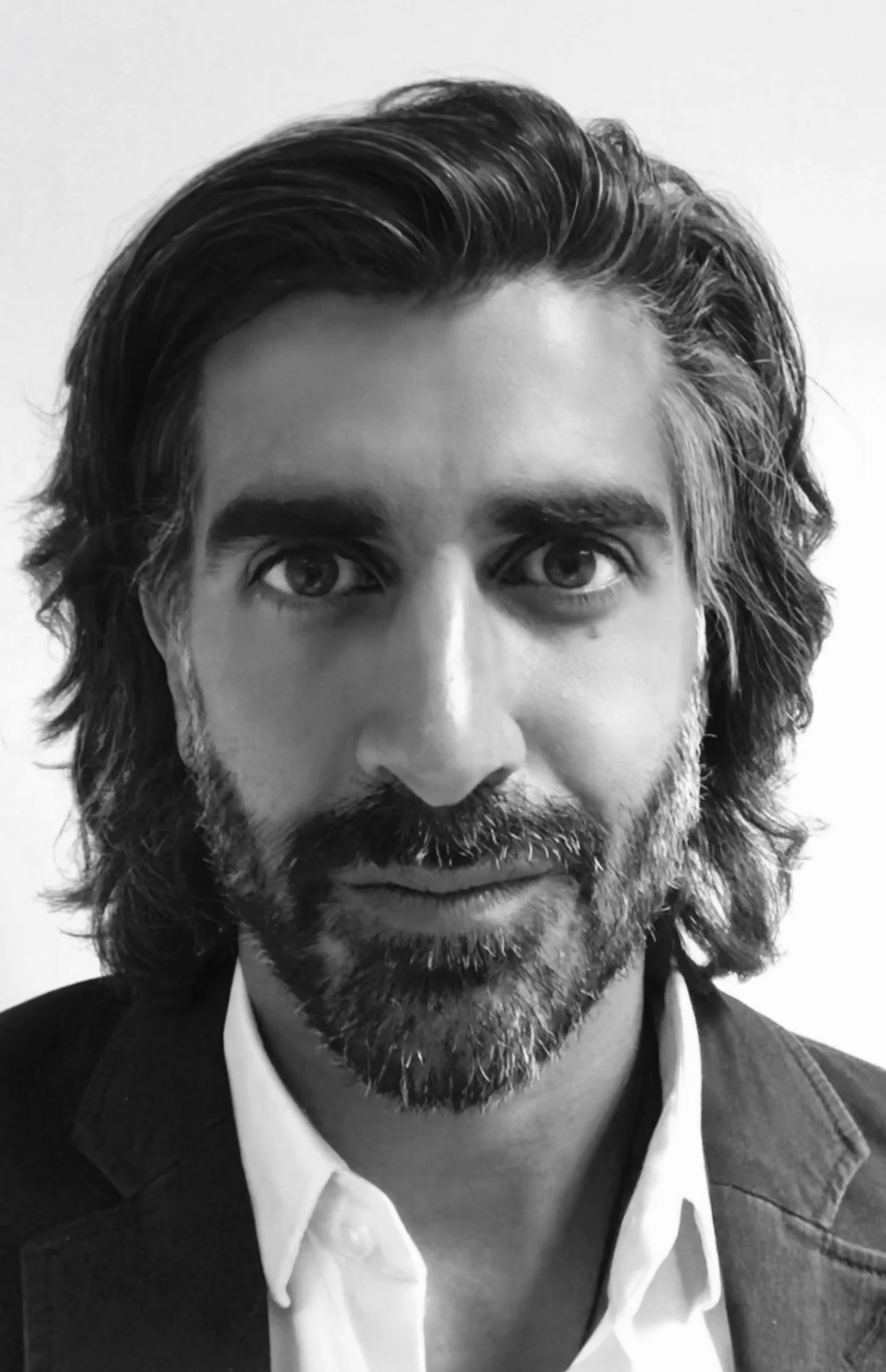 |
Kiribati isn’t your usual country. It’s unusually beautiful, for a start, especially from the air, on a bright clear day, with the dazzling blues and greens of tropical sea and jungle. Its geography is also unusual, consisting of 32 atolls, and one coral island, spread over an almost-inconceivable 3.5 million square kilometers of ocean. The highest point on the main island, Tarawa, is a mere 3 meters above sea level, and driving down the country’s largest road, you can frequently see ocean on both sides. Kiribati is one of the smallest countries in the world, with a population of just over 100,000 people, and the country is also poor – with average incomes of around $1,800 per year.
In a country so unique, I was happy to be involved in some reform efforts that were both innovative and context-appropriate during my visit a few weeks ago. I represented the World Bank at a donor workshop on public finance reform, with bilateral and multilateral agencies trying to assist the Government of Kiribati in building better systems and processes for collecting revenue, and using it to best effect in delivering public services – while also avoiding wastage and corruption, and ensuring that the Government spends no more than it can afford.
 |
| Kiribati, one of the smallest countries in the world, is unusually beautiful. |
With public finance, there is always more that can be done - upgrading accounting standards, ensuring regular cash reconciliations, across-the-board auditing of public financial accounts, improving procurement processes. After all, it’s tempting to take the systems we have in wealthier countries as models, and assume that differences are shortfalls. Scorecards that are sometimes applied by donor agencies to assess systems in developing countries encourage this approach, with higher scores being granted to countries that have systems that look most like those in bigger, richer countries. But is a public finance system like the ones we have in large wealthy countries appropriate for very small, less developed countries?
Often it isn’t, as I think anyone visiting Kiribati can quickly see. The Government of Kiribati has only a few qualified accountants. Up until a few months ago, there were eight unfilled vacancies in the Ministry of Finance – which has a total staff of just 25. It’s not that there aren’t smart people. It’s just that, in such a small country, the smart people have a lot to do, and lack the time needed to train for and focus on very specialized tasks and functions – like auditing accounts, building financial databases, managing procurement systems, ensuring compliance with international accounting standards, and conducting tax assessments. Countries like Kiribati just don’t have enough people to do things in the same way as bigger, wealthier countries. And this applies not just in relation to public finance systems, but in many areas of public administration and service delivery.
Our donor workshop ended with common agreement that a more context-specific approach to public finance reform is needed - that Kiribati won’t be able to reach international “good practice” in all areas. But, also, that it probably doesn’t need to. By focusing on a few key steps that address real problems being experienced by the government – falling revenues and poorly performing SOEs – Kiribati can make sure that it is putting its scarce human and financial resources to use on fixing problems that really matter – and not just trying (and inevitably failing) to put in place systems that look the same as those used in far bigger, richer, countries, that face very different issues. And international assistance will always be available to Kiribati to do some of those things that really must be done, but for which there aren’t enough trained local staff available.
Sure, with a very targeted approach focusing on the basics, and continuing to rely on external assistance in some key areas, public finance systems in Kiribati won’t look like those in other countries. But unusual isn’t necessarily a bad thing.


Join the Conversation